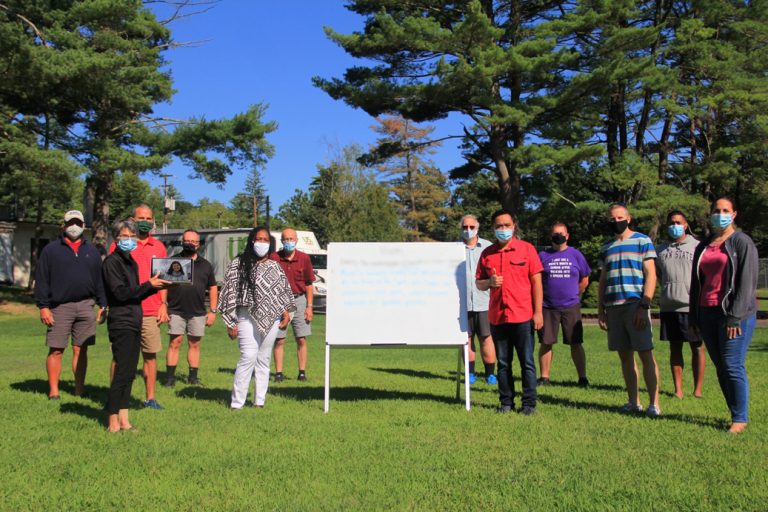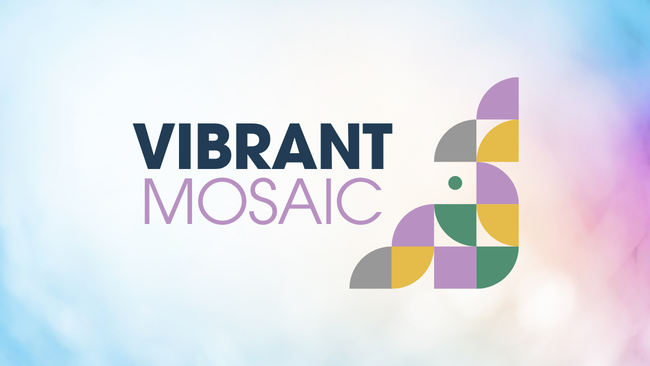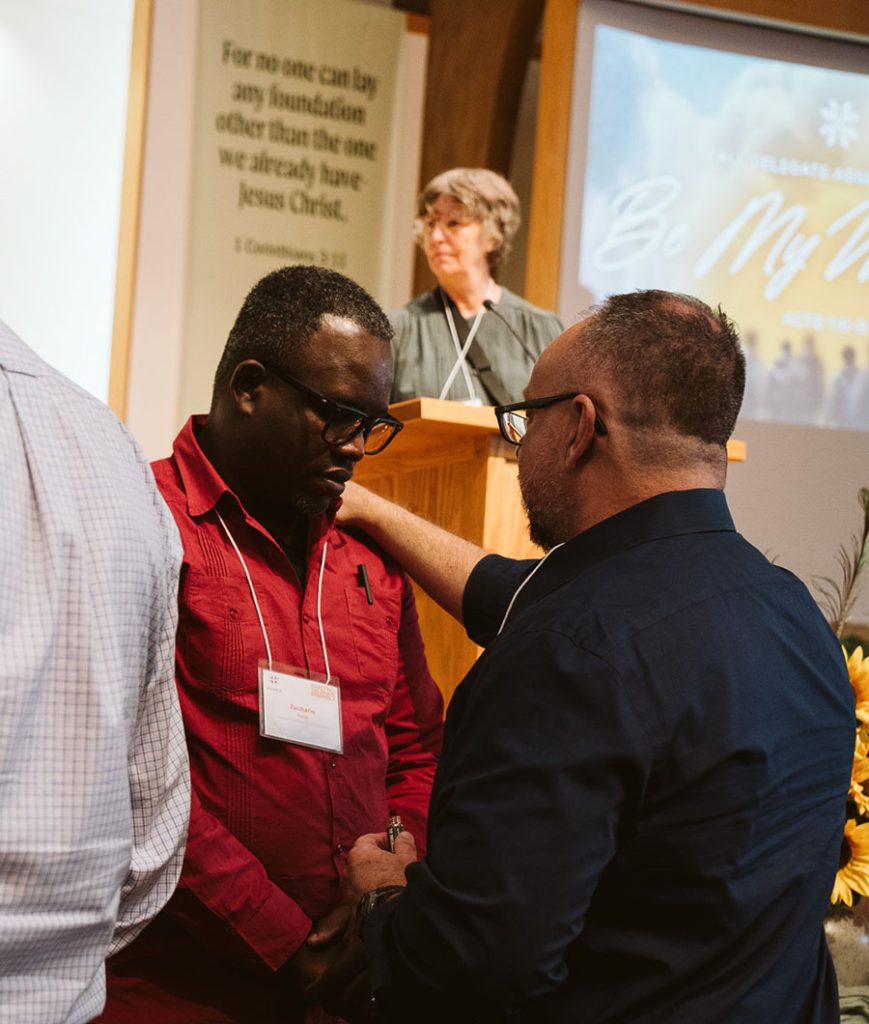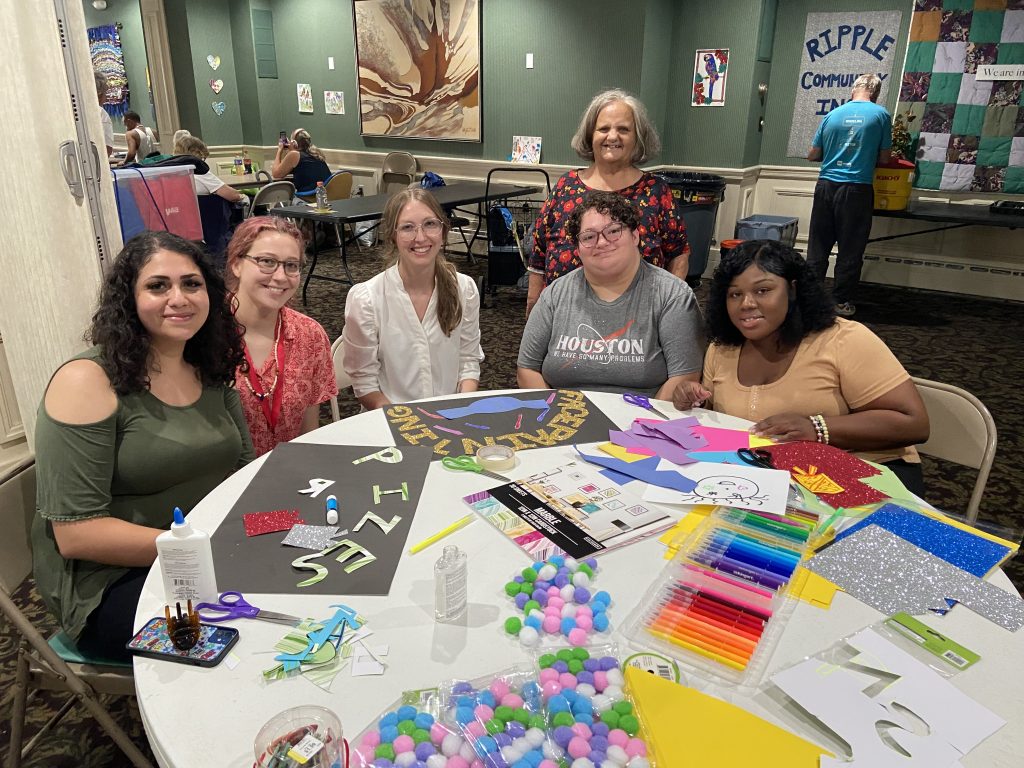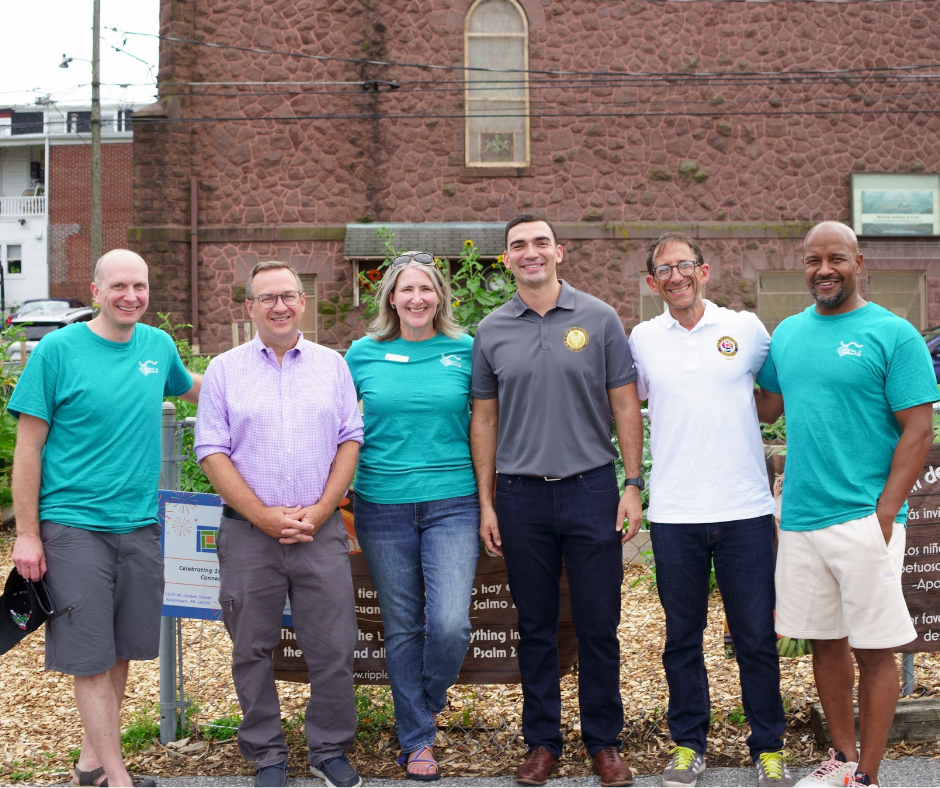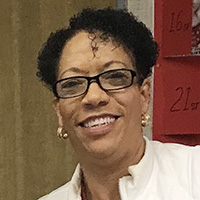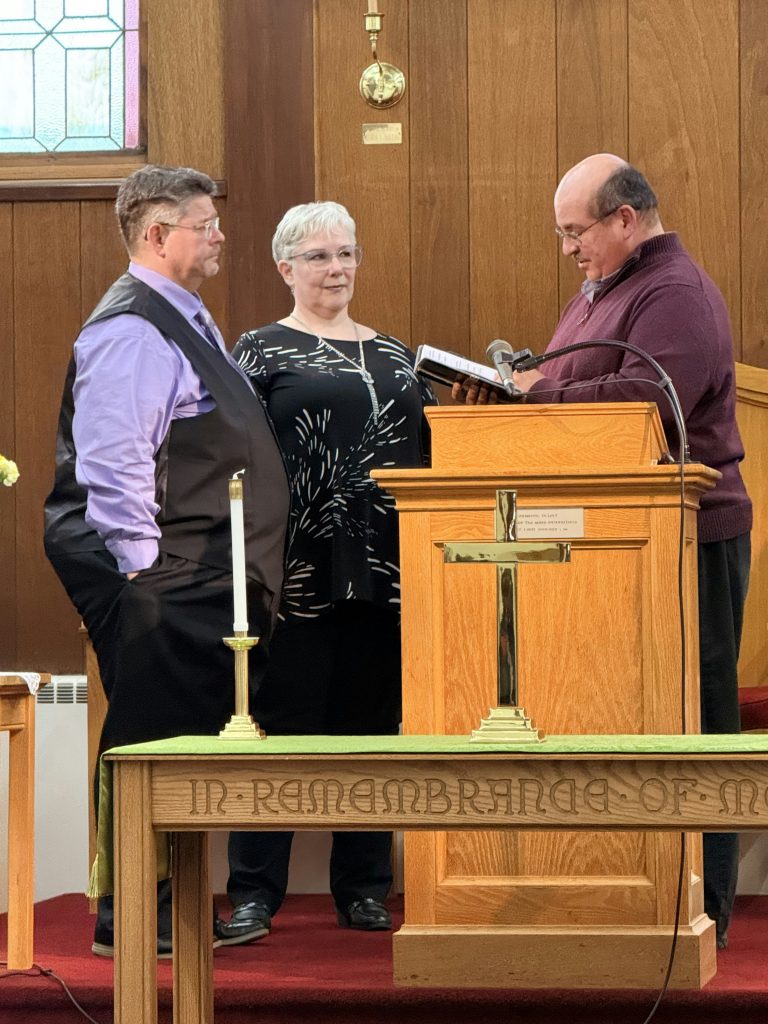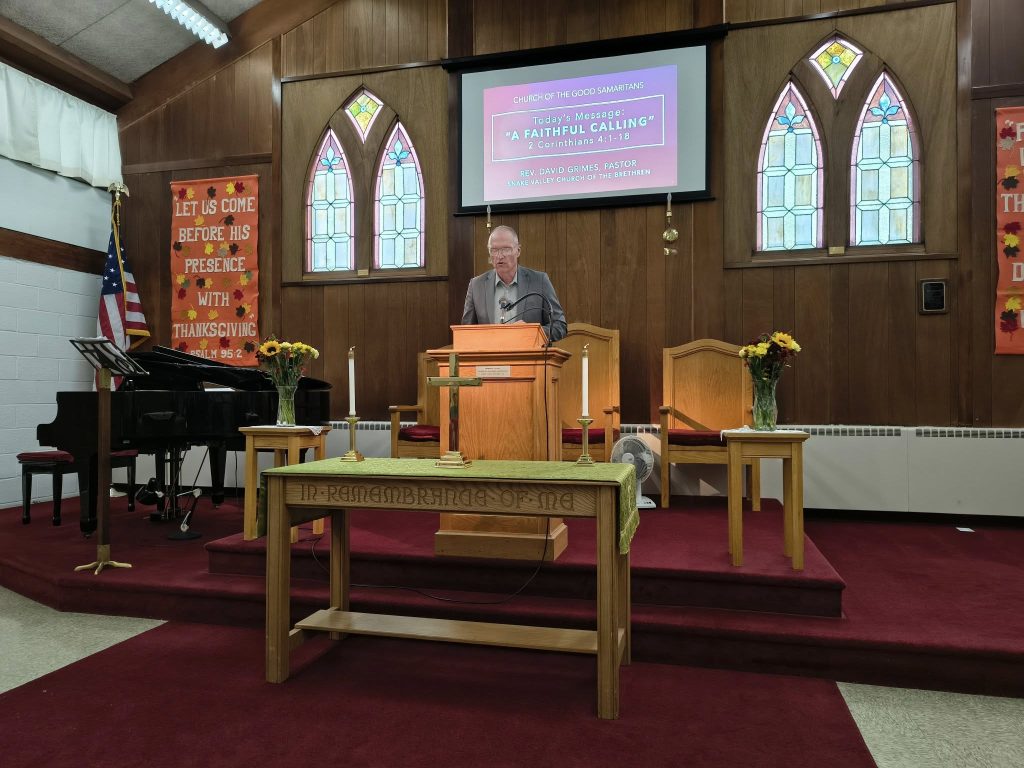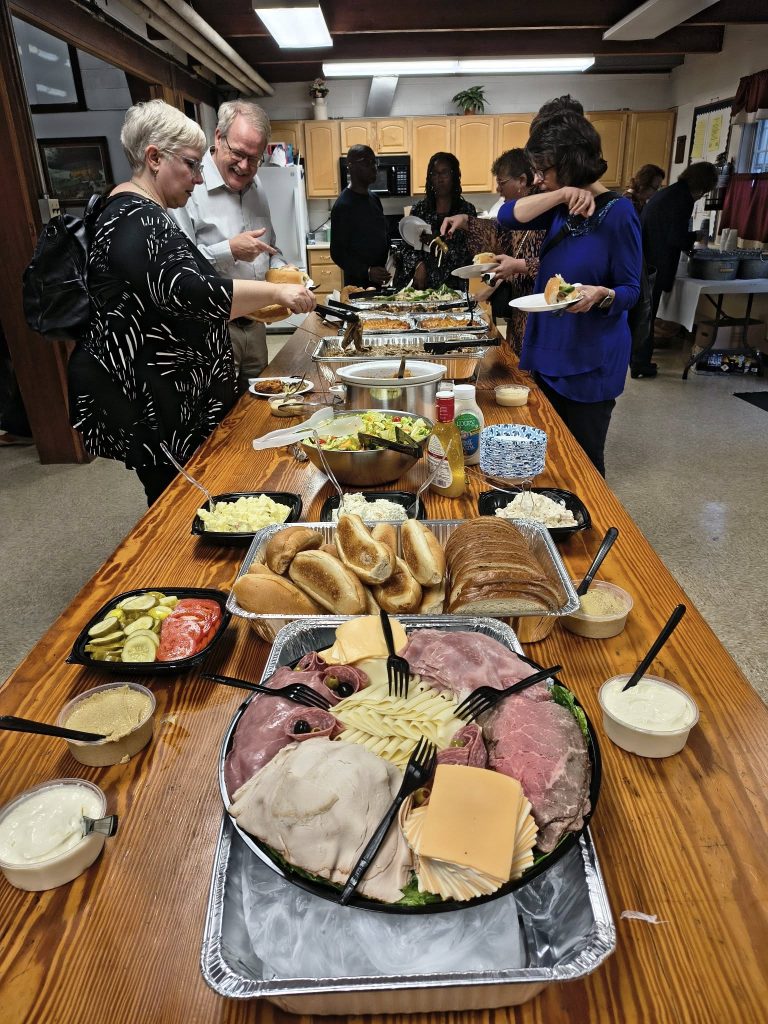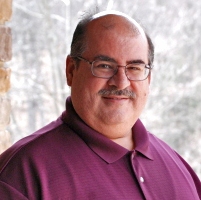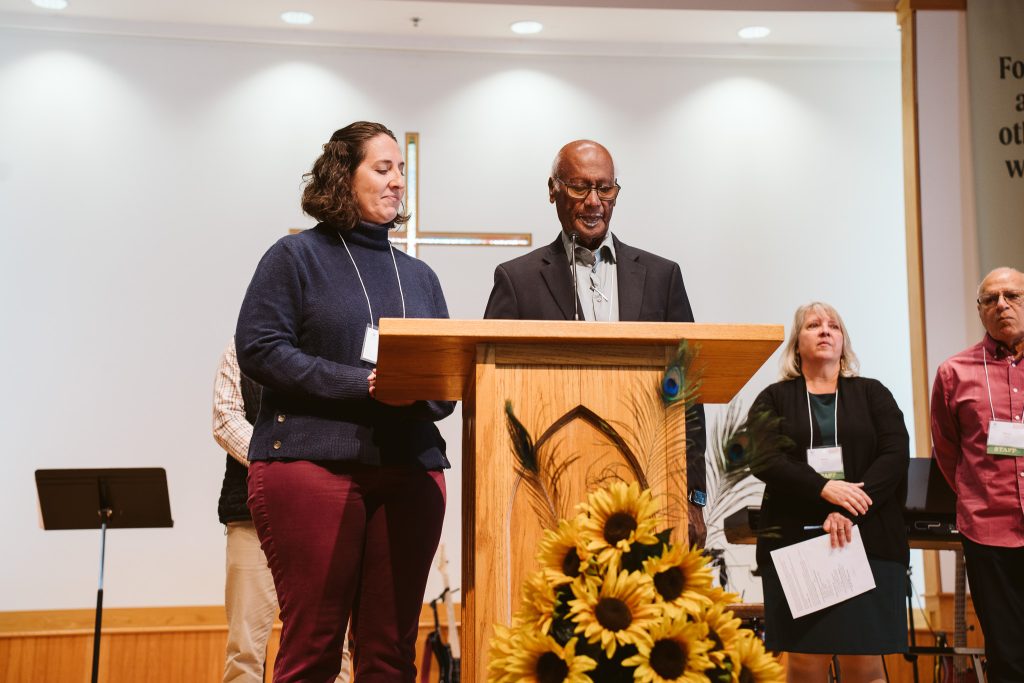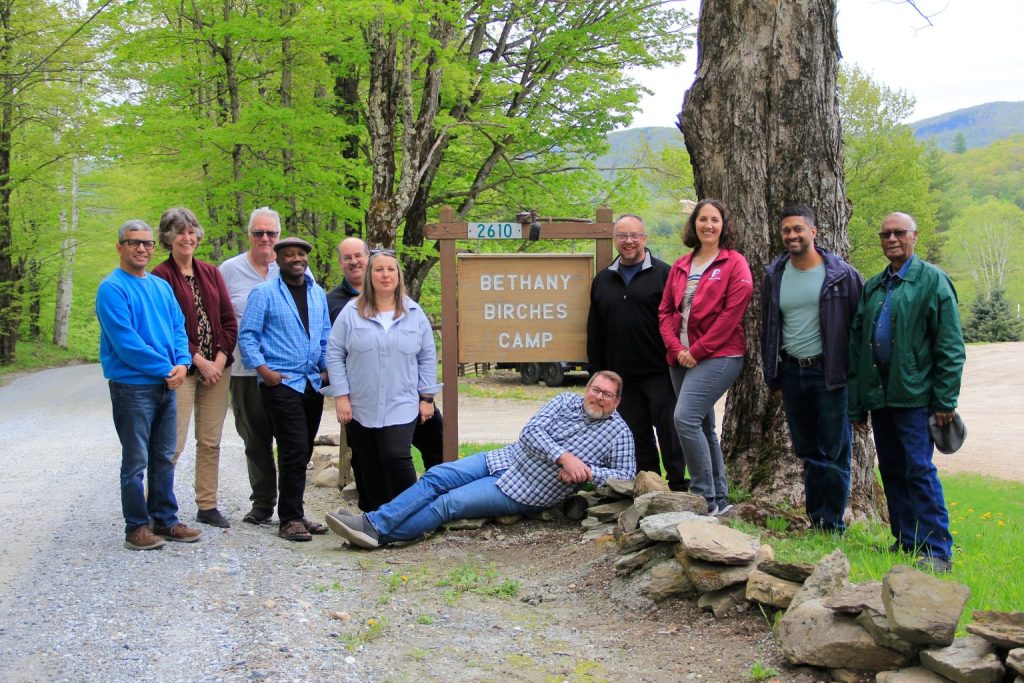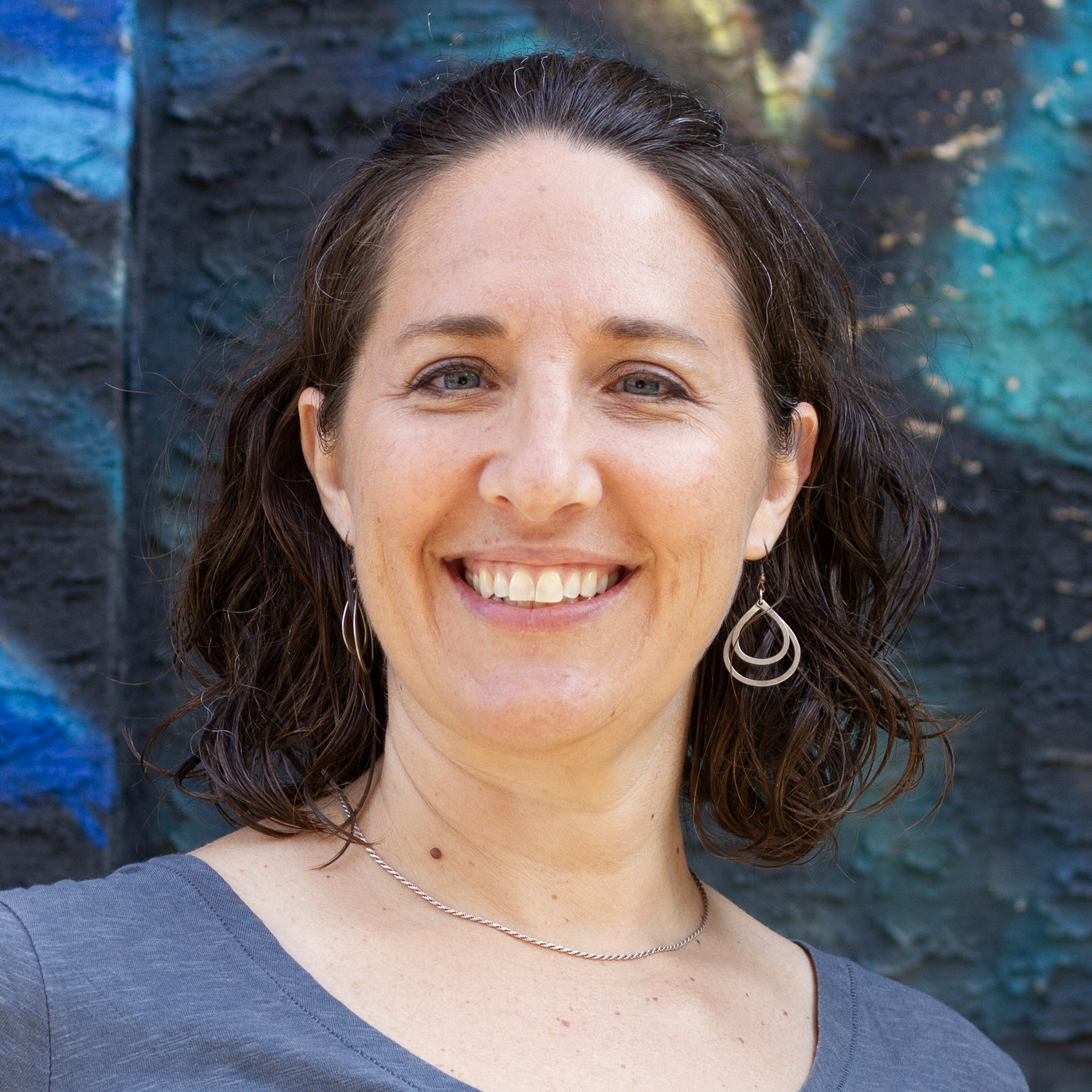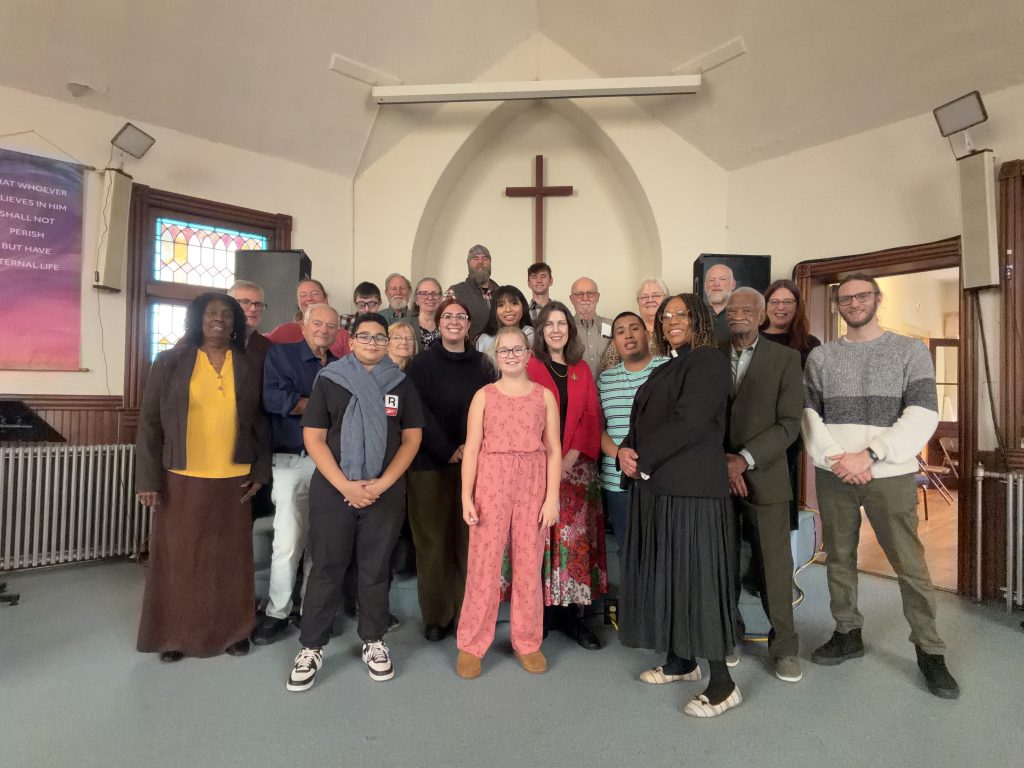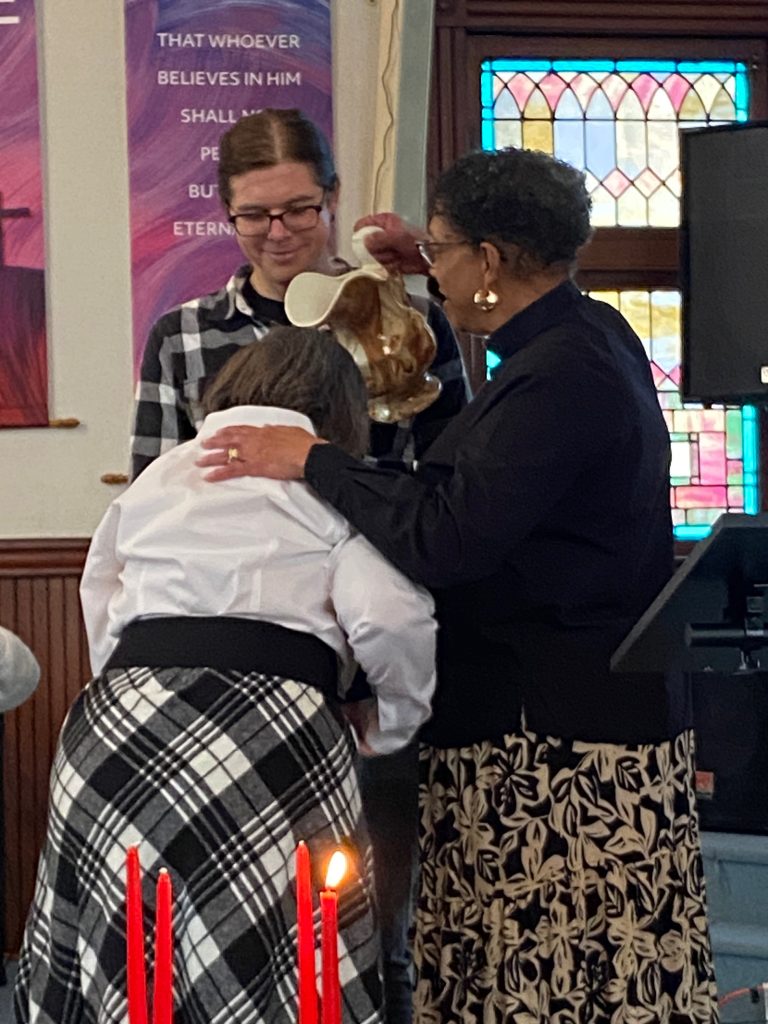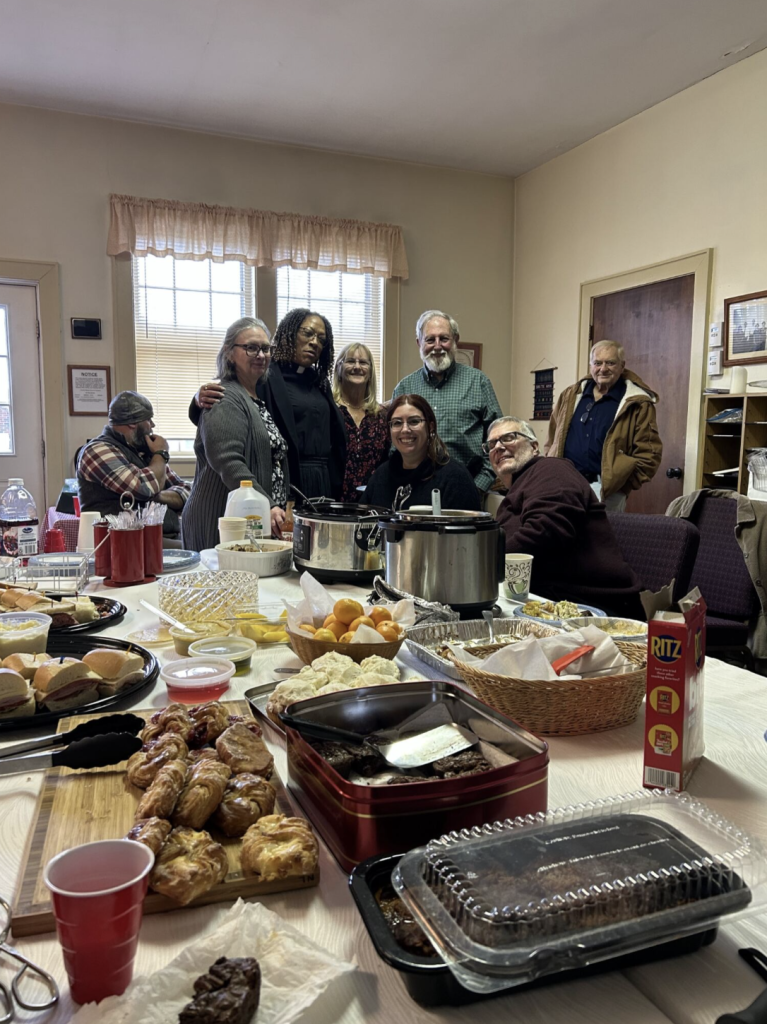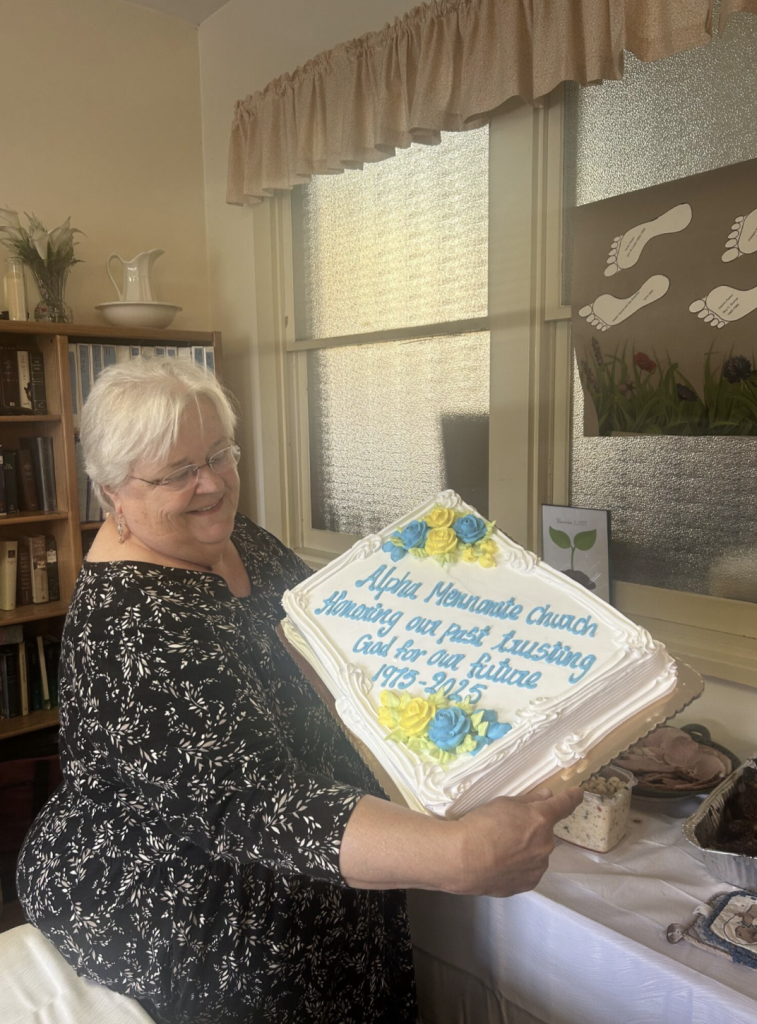Mosaic Mennonite Conference recently received three charitable distributions from the Schowalter Foundation ($5,000 each), and a $5,000 grant from the Fransen Family Foundation. These funds are providing important momentum for several priorities named in Mosaic’s strategic plan.

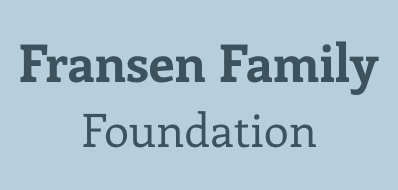
One area supported by the Schowalter Foundation distributions is Restorative Circles for Reconciliation, an initiative aligned with the Mosaic strategic plan pillars of Relationship Building and Reconciliation. Maati Yvonne, a trained Circle Process facilitator and member of Mosaic’s Executive Committee, will lead restorative circles with board and committee members, staff, congregations, and at equipping events. This work seeks to repair past harms, center marginalized voices, and foster trust across Mosaic’s diverse communities. Through intentional storytelling about historical and present-day harms, the Circle Process supports Mosaic’s commitment to intercultural transformation and will also be used to navigate conflict and tension at interpersonal, congregational, and conference-wide levels.
Another area receiving a charitable distribution is expanded support and resourcing for immigrant congregations. This funding will strengthen accompaniment, responsive trainings, pastoral support groups, and congregational partnerships. Immigrant-majority congregations make up nearly half of Mosaic’s membership, and many are facing increased challenges due to shifting political and social realities. These resources aim to support resilience, leadership, and mutual care across the conference.
A third Schowalter-supported focus is Pastoral Leadership Development in India and Colombia, which will provide renewal and leadership development opportunities for under-resourced pastors. Retreats will emphasize spiritual renewal, leadership formation, and Anabaptist community building.
In addition, a grant from the Fransen Family Foundation will support the 2026 cohort of Mosaic Ambassadors, a summer ministry program for gifted young adults ages 18–24. Ambassadors offers hands-on ministry experience that impacts local communities while nurturing emerging leaders. The program builds on more than 20 years of Mosaic Conference’s commitment (formerly Franconia Conference) to developing young adult leaders through meaningful ministry engagement.
For 10 weeks from early June to August, Ambassadors serve in their congregations’ Vacation Bible Schools and peace camps, at Conference-Related Ministry community centers, and more. In 2025, 14 young adults participated in the Ambassadors program hosted by their congregation or Conference-Related Ministry. In recent years, the program has seen significant growth in applications and participation, made possible through foundation support and the generosity of individual donors.
“We are deeply grateful to the Schowalter Foundation and the Fransen Family Foundation for their partnership in this work,” said Jennifer Svetlik, Director of Community Engagement for Mosaic Mennonite Conference.
“These gifts help us live more fully into our strategic commitments to reconciliation, intercultural relationship building, leadership development, and cultivating the next generation of leaders for the church and the world.”
Mosaic values two-way communication and encourages our constituents to respond with feedback, questions, or encouragement. To share your thoughts or send a message to the author(s), contact us at communication@mosaicmennonites.org.

